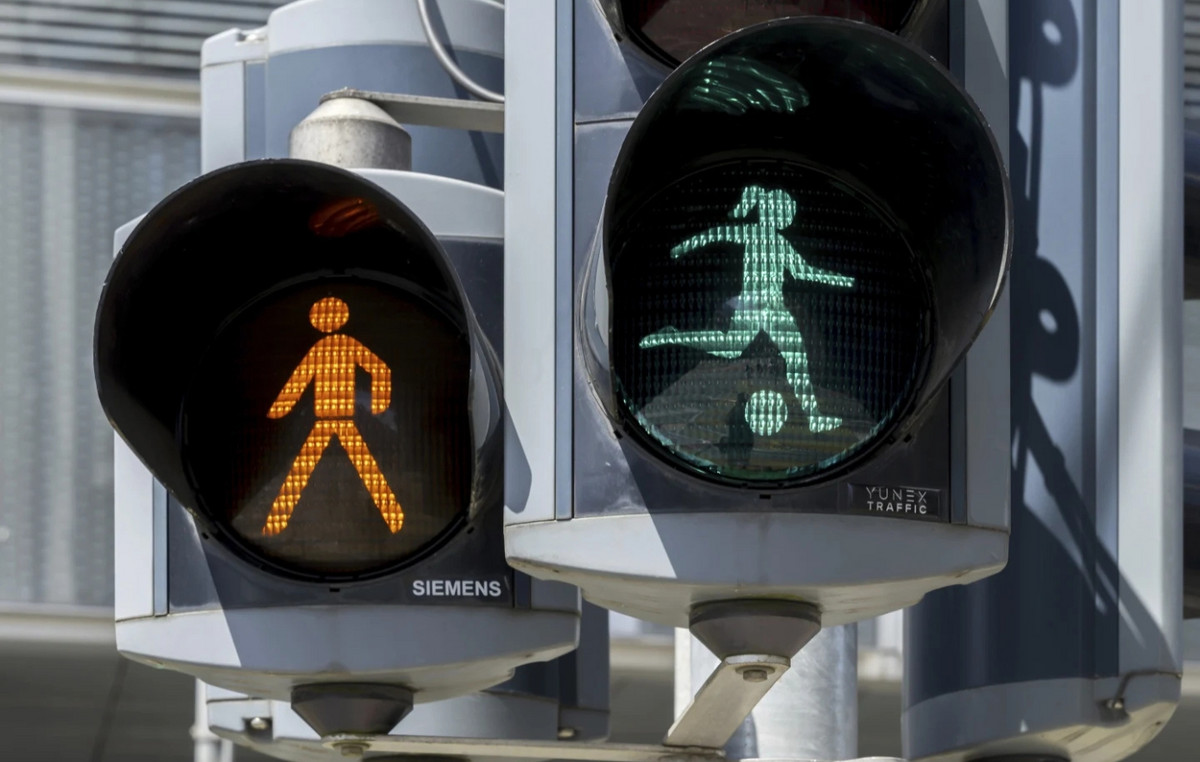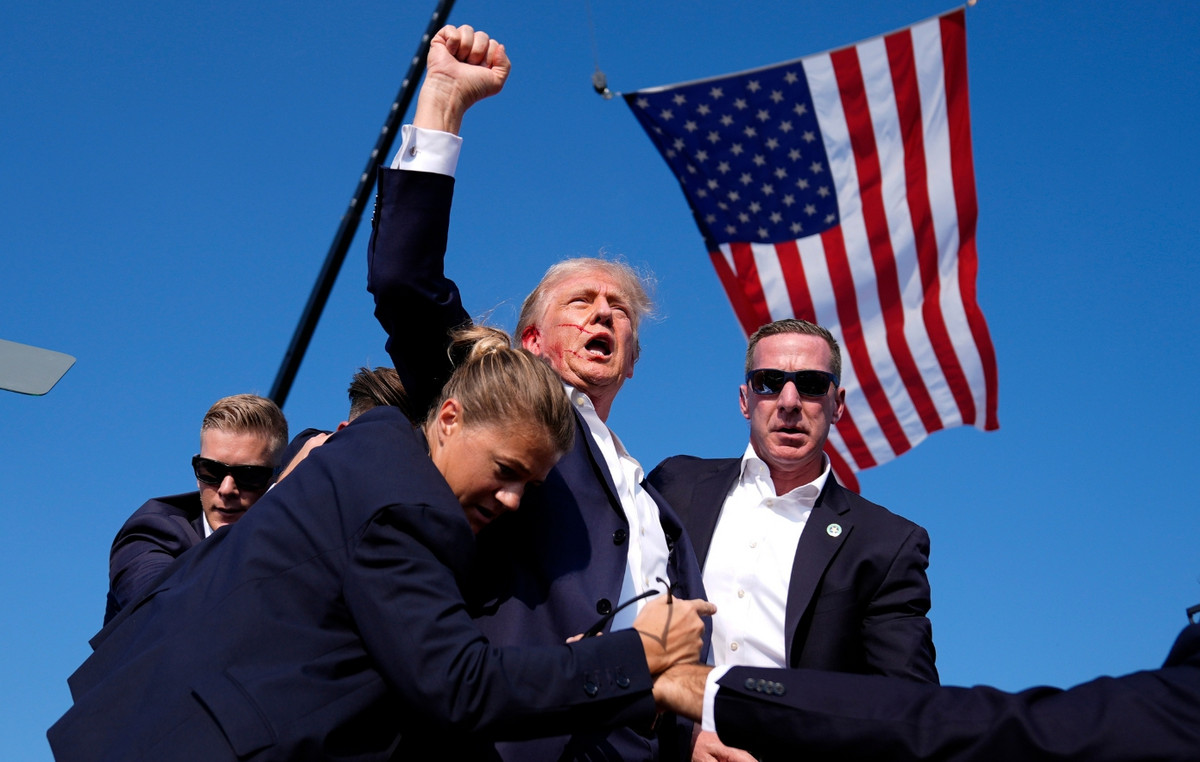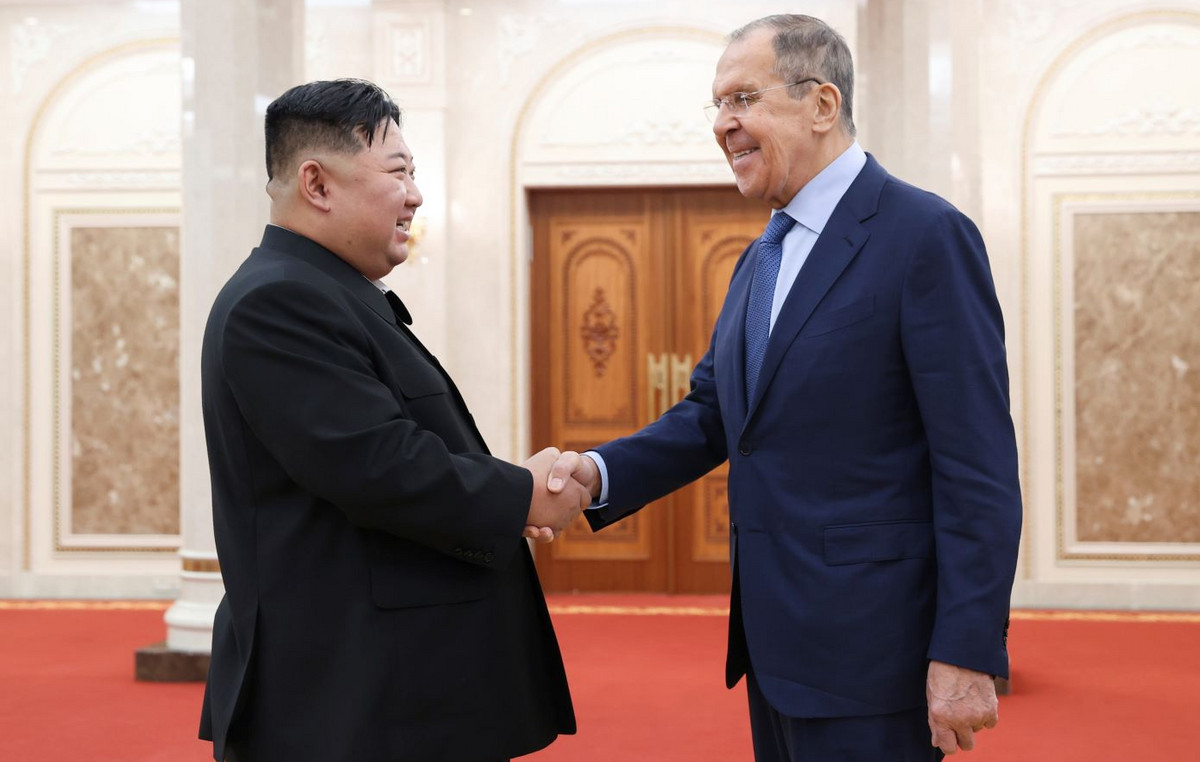By Enrique Diaz – Alvarez*
The annual meeting of the world’s central bankers in Jackson Hole delivered a decidedly hawkish message, led by US Federal Reserve Chairman Powell giving a very short and clear speech.
However, currency markets seem to have priced in this development, and the reaction was relatively subdued. All G10 currencies are now within 1% of where they started last week while many of the emerging market currencies are actually higher, led by the Chilean peso and Latin American currencies in general.
Even the Euro has managed to find some sort of stability at the exchange rate level, despite the boom in electricity markets in the Eurozone. Comments from European Central Bank officials on the need to tackle inflation have been unusually hawkish, with some talking of a huge move to raise interest rates by as much as 75 basis points at the September meeting, and that is proving extremely useful in putting the brakes on for now in the decline of the common currency.
Investors continue to focus on incredibly volatile gas and electricity prices in Europe, which has already led to extraordinary statements from European Union officials hinting at measures such as price caps and consumption rationing. The full details of this plan will emerge in the coming days, and we expect them to be key market drivers. Eurozone inflation data and China’s PMI on Wednesday, as well as the US labor market report on Friday, will provide fresh readings on the dilemma between inflation and economic growth globally.
Sterling
The UK economy (like most of the G10) is sharply diverging between a resilient services sector fueled by full employment and strong household balance sheets and troubled manufacturing, which has been hit by huge increases in energy prices and the lingering supply chain problems.
The economy is not currently in recession, and the Bank of England is clearly focused on containing inflation. The UK is now the second G10 economy after New Zealand where markets expect interest rates to rise to around 4%. This should act supportively for sterling in the medium term, although for now markets are focused on the downside. With no major economic or political news, sterling is expected to closely track the euro’s trade against the US dollar.
Euro
PMIs show whether business activity was weaker than expected, and are now consistent with a modest contraction in economic activity.
Natural gas and electricity markets continue to hit new record highs on fears of natural gas shortages. At the time of writing, the European Union has announced what appears to be the beginning of de facto measures such as user reporting in these markets.
None of that seems to matter much to the ECB, whose officials are bracing markets for a big and sustained rate hike, which could start with a whopping 75 basis point increase in September.
The Euro continues to hover around parity, weighed down by the threat of recession but at the same time boosted by the closing of the gap between European and US interest rates. This week all eyes will be on the inflation report for August due out on Wednesday. The ECB is worried about the headline inflation numbers and more so about structural inflation which is expected to rise to a new decade high.
US dollar
The disconnect between business confidence and labor market strength was also evident in the US last week. PMIs were disappointing, but weekly jobless claims remain very low, showing the strength of the labor market. The Federal Reserve remains firmly focused on inflation, despite early reassuring signs in this area, and Chairman Powell made that clear in his brief speech at Jackson Hole.
The highlight of the week will be the August employment report, which is expected to once again show strong numbers for new job creation, a labor market moving at or even above full employment. As well as wage growth, which is not expected to be strong enough to keep up with headline inflation for now.
At the same time, interest rates continue to move higher, and there is still room for the US to follow the UK and New Zealand, and for the market to price in the US Federal Reserve to move above 4%.
* Enrique Diaz – Alvarez is Chief Risk Officer of the international payments company Ebury
Source: Capital
I am Sophia william, author of World Stock Market. I have a degree in journalism from the University of Missouri and I have worked as a reporter for several news websites. I have a passion for writing and informing people about the latest news and events happening in the world. I strive to be accurate and unbiased in my reporting, and I hope to provide readers with valuable information that they can use to make informed decisions.







